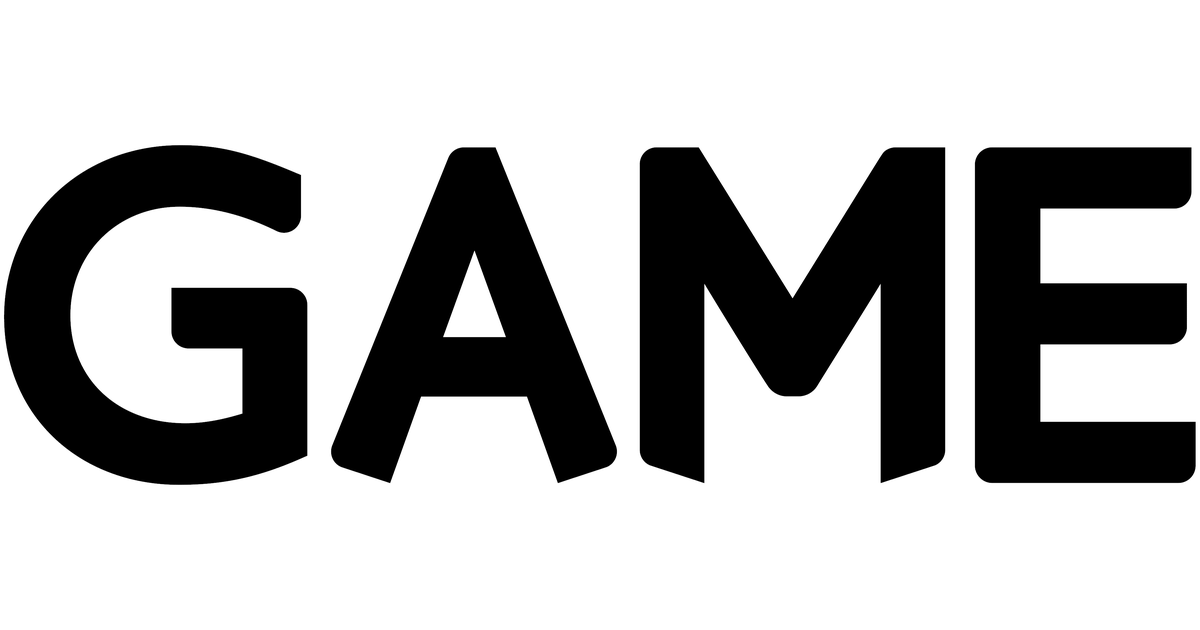Ubisoft CEO Yves Guillemot has been called to appear before a French court in connection with a case that already resulted in harassment convictions for three former Ubisoft executives. Ubisoft says prosecutors previously found no grounds to pursue criminal proceedings against the company or its leadership, but the new summons—brought by a trade union and several individuals tied to the earlier case—keeps the spotlight squarely on the publisher’s culture and leadership. Here’s what happened, why it matters, and what players should watch next.
The short version In June, a French court convicted three former Ubisoft leaders of harassment-related offenses, issuing suspended prison sentences and fines. Now, a union and several civil parties from that case have subpoenaed CEO Yves Guillemot to appear in court. Ubisoft maintains that prosecutors already concluded there was no basis to pursue a criminal case against the company or its management, and says it will continue cooperating with the justice system. For players, it’s a reminder that the games we love are built by people—and studio culture affects everything from talent retention to the quality of what ends up on our hard drives.
What happened The current summons follows a landmark ruling earlier this year, when three former Ubisoft executives—Serge Hascoët, Tommy François, and Guillaume Patrux—were found guilty on charges related to workplace harassment. The penalties were suspended rather than custodial, but not insignificant: Hascoët received an 18-month suspended sentence and a €40,000 fine; François received a three-year suspended sentence and a €30,000 fine; and Patrux received a 12-month suspended sentence with a €10,000 fine. Testimony and internal investigations painted a picture of misconduct and bullying that echoed reporting from 2020, when allegations about Ubisoft’s workplace began surfacing and several high-profile departures followed.
Why Yves Guillemot is being summoned now The latest step comes via a subpoena filed by the trade union Solidaires Informatique and four individuals who were civil parties in the earlier case. Their action seeks to bring the company’s leadership into the conversation about responsibility and oversight. A summons isn’t a conviction, and it doesn’t automatically imply new charges; rather, it compels attendance and can be a procedural step in determining whether any further action is warranted.
Ubisoft’s response Ubisoft says it received the summons and emphasized that the civil parties and the underlying facts mirror those already examined in the previous proceedings. Crucially, the company notes that after the prosecutor’s investigation, authorities found no grounds to initiate criminal proceedings against Ubisoft or its management—an assessment the prosecutor reiterated during closing arguments in the June trial. Ubisoft maintains it has cooperated with authorities for years and reiterates a stance of zero tolerance toward harassment, discrimination, and abuse, pointing to ongoing efforts intended to protect employees and improve workplace culture.
What this means for players This isn’t just boardroom drama. A studio’s culture influences who stays, who leaves, and who feels safe enough to do their best work. Creative ambition can’t thrive in a hostile environment. If you care about the quality and stability of Ubisoft’s biggest series—from open-world adventures to competitive shooters—then you should care about whether the people making those games feel supported and respected. The fallout from 2020 has already reshaped teams and timelines; ongoing legal scrutiny can continue to have ripple effects on production schedules, recruiting, and public trust.
Context matters The games industry is not alone in confronting these issues, but it’s under a particularly bright spotlight. Big franchises, public roadmaps, and massive communities make any internal crisis a very public one. Over the past few years, many publishers have promised reforms—better reporting channels, external audits, independent investigations, management training, and clearer disciplinary measures. Players rarely get to see the full implementation, but meaningful change usually looks like consistent, transparent follow-through rather than one-off statements.
What to watch next
- The court appearance: Expect procedural developments first. The immediate outcome could range from no further action to directions for additional inquiry.
- Civil vs. criminal distinctions: Even when prosecutors decline criminal charges, civil actions can continue, seeking accountability through different legal avenues.
- Ubisoft’s internal steps: Keep an eye on concrete updates—policy changes, leadership accountability measures, employee surveys, and third-party oversight. Quiet, measurable progress speaks louder than PR.
- Impact on releases: If teams are reorganized or leadership changes, timelines can shift. That’s not necessarily bad—healthier teams often make better games—but it’s something to watch.
Our take No one wins when workplace harm goes unaddressed. The June convictions showed that misconduct can have real consequences, even years after initial reports. The summons for Yves Guillemot doesn’t resolve the debate over leadership accountability, but it keeps pressure on Ubisoft to prove that change is more than a press release. Real progress looks like empowered HR teams, independent escalation paths, consistent enforcement, and leaders who set the tone by acting swiftly and fairly.
For the broader industry, this is a reminder to invest in governance as deliberately as design. Studios that nurture safe, inclusive environments ship better products and retain the talent that makes those products special. And for players, the choice is simple: keep paying attention. Ask questions, value transparency, and support studios that demonstrate—through actions, not just words—that they take care of their people.
The bottom line
- Three former Ubisoft executives have been convicted for harassment-related offenses, with suspended sentences and fines.
- A union and several civil parties have now summoned CEO Yves Guillemot to court in connection with the same facts examined previously.
- Ubisoft says prosecutors found no grounds to pursue criminal proceedings against the company or its leadership and pledges continued cooperation.
- The real measure will be cultural: sustainable reforms, clear accountability, and safer workplaces that let great games happen.
We’ll keep following this story. In the meantime, let’s remember that the best games are built by teams who feel safe to create, critique, and iterate. When the workplace improves, the play does too.

